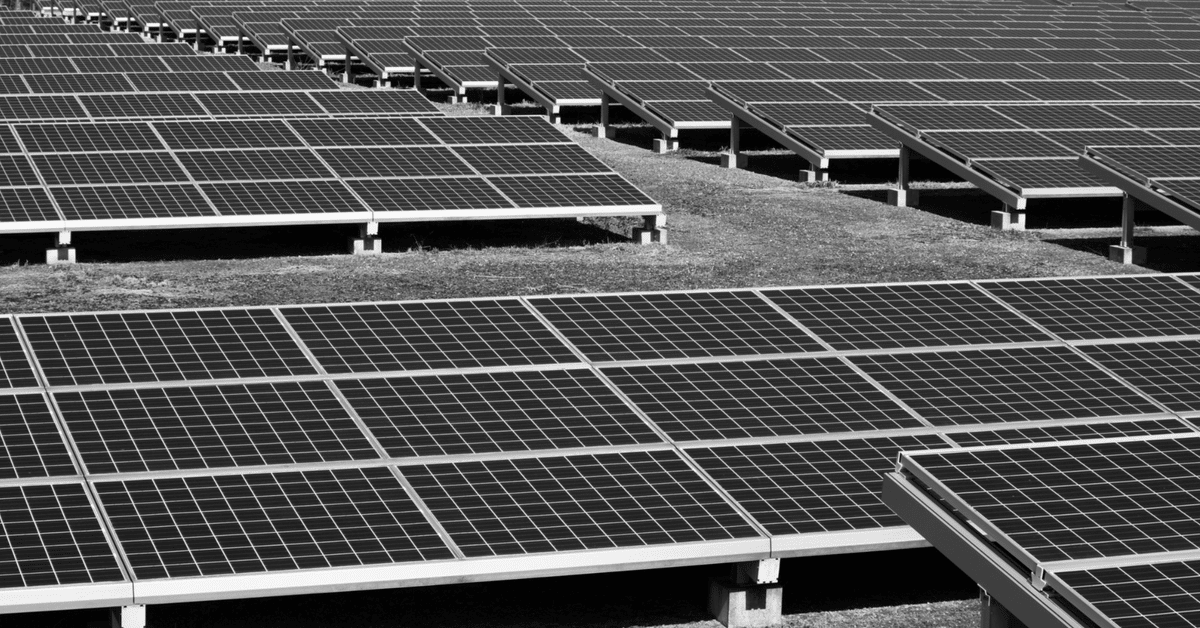
2024年度の再エネ賦課金:2024年6月10日(月)
日本は,再エネ発電事業者を増やし,再エネ発電導入を拡大させる目的で,2012年7月より,再生可能エネルギー全般を対象に固定価格買取(Feed-in Tariff, FIT)制度を導入し,さらに2022年4月よりフィードインプレミアム(Feed-in Premium, FIP)制度を導入している。
FIT制度は,再エネ発電設備から発電された電気(再エネ電気)を,事前に決めた固定価格で電力会社に買い取ることを義務づけた制度であり,毎年度,買取価格は再エネ電源(住宅用・事業用の太陽光発電や,風力発電など)ごとに変更される。FIP制度は,固定価格で買い取るのではなく,再エネ発電事業者が卸電力市場などで売電したとき,その売電価格(市場価格)に対して一定のプレミアム(補助額)を上乗せして支援する制度である。これらによって,日本国内の再エネ電気は増加してきた。しかし,電力需要家の負担は,FIT制度とFIP制度にかかわらず,決して無視できない大きさのままである。
2024年度(2024年5月検針分から25年4月検針分まで)の日本のFIT制度・FIP制度のための再エネ賦課金単価は3.49円/kWhである。再エネ特措法で定められた算定方法に則り,経済産業大臣が設定している。算定式は,(買取費用等-回避可能費用等+広域的運営推進機関事務費)÷販売電力量である。回避可能費用等とは,買取を義務づけられた電力会社が再エネ電気を買い取ることによって,電力会社みずからが取り止めた発電の費用等を意味する。
2024年度の再エネ賦課金単価の算定式は,(買取費用等(4兆8,172億円)-回避可能費用等(2兆1,322億円)+広域的運営推進機関事務費(10億円))÷販売電力量(7,707億kWh)=3.49円/kWh,となる。過去5年度分の再エネ賦課金単価の推移は,2020年度:2.98円/kWh,2021年度:3.36円/kWh,2022年度:3.45円/kWh,2023年度:1.40円/kWh,2024年度:3.49円/kWhである。2024年度の再エネ賦課金単価は制度開始以来において最高水準となる。
総務省家計調査における一般家庭(400kWh/月)で,2024年度の年額の再エネ賦課金は16,752円となり,これが毎月の電気料金に上乗せされ,確実に徴収される。太陽光発電や風力発電の部品・部材のほとんどは中国や欧州等から調達しているので,単純化して表現すると,再エネ電気が増えると,日本のエネルギー安全保障は益々脆弱化し,貿易収支は赤字化し,国民は貧困化する。
これが,いま日本で現実に起きていることである。日本人のお人良しさには呆れるばかりである。
Renewable Energy Surcharge for Fiscal Year 2024:June 10th (Monday)
In Japan, to increase the number of renewable energy power producers and expand the introduction of renewable energy power generation, the Feed-in Tariff (FIT) system was introduced in July 2012, covering all renewable energies. Additionally, from April 2022, the Feed-in Premium (FIP) system has also been introduced.
The FIT system mandates electric companies to purchase electricity generated from renewable energy facilities (renewable electricity) at a fixed price determined in advance. The purchase price is adjusted annually based on the type of renewable energy source (such as residential and commercial solar power, wind power, etc.). The FIP system, instead of buying at a fixed price, supports renewable energy power producers by adding a premium (subsidy) to the selling price (market price) when they sell electricity in the wholesale electricity market. These systems have increased the amount of renewable electricity in Japan. However, the burden on electricity consumers remains significant, regardless of the FIT or FIP system.
For fiscal year 2024 (from May 2024 meter reading to April 2025 meter reading), the renewable energy surcharge unit price for Japan’s FIT and FIP systems is 3.49 yen/kWh. This is set by the Minister of Economy, Trade and Industry, based on the calculation method stipulated by the Renewable Energy Special Measures Law. The calculation formula is (purchase cost, etc. - avoidable cost, etc. + administrative expenses of the wide-area operation promotion organization) ÷ sales volume of electricity. The avoidable cost, etc., refers to the costs that the obligated electric company avoids by purchasing renewable electricity instead of generating electricity themselves.
The calculation formula for the renewable energy surcharge unit price for fiscal year 2024 is (purchase cost, etc. (4.8172 trillion yen) - avoidable cost, etc. (2.1322 trillion yen) + administrative expenses of the wide-area operation promotion organization (1 billion yen)) ÷ sales volume of electricity (770.7 billion kWh) = 3.49 yen/kWh. The transition of the renewable energy surcharge unit price over the past five years is as follows: fiscal year 2020: 2.98 yen/kWh, fiscal year 2021: 3.36 yen/kWh, fiscal year 2022: 3.45 yen/kWh, fiscal year 2023: 1.40 yen/kWh, and fiscal year 2024: 3.49 yen/kWh. The unit price for fiscal year 2024 is the highest level since the system was established.
For a typical household (400 kWh/month) in the Ministry of Internal Affairs and Communications' household survey, the annual renewable energy surcharge for fiscal year 2024 will be 16,752 yen. This amount will be added to the monthly electricity bill and collected reliably. Since most of the components and materials for solar power and wind power are procured from countries like China and Europe, in simplified terms, an increase in renewable electricity will make Japan's energy security more vulnerable, turn the trade balance into a deficit, and impoverish the citizens.
This is what is currently happening in Japan. The naivety of the Japanese people is astonishing.
